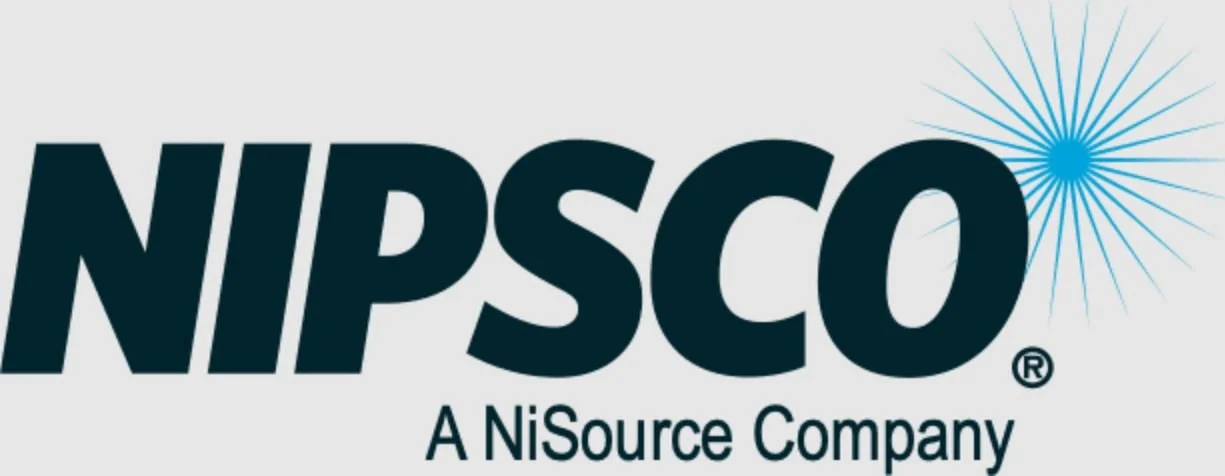How to Select the Right Solar Installer
IN THIS SOLAR GUIDE
What steps can I take to verify that a solar installer is financially stable?
How do an installer’s geographic service boundaries affect project success?
Why do some installers recommend specific panels or inverters for every job?
Does every installer offer the same installation type?
Get a summary of your costs and savings:
Free Download
Top Tips for adding solar in Indiana:
Indiana Solar Installer Selection
A guide from SolarCommission.Org:
How to Select the Right Solar Installer
Choosing a solar installer is one of the most important decisions you’ll make in your journey toward energy independence. The installer doesn’t just bolt panels to your roof—they design your system, select the hardware, interface with your utility, and remain your point of contact for service and warranty issues. From a technical and industry-insider perspective, here’s what you need to know when evaluating installers.
Key Takeaways
Check financial footing: Solar companies come and go. Plan ahead in case yours closes.
Match your project type: Make sure the installer has experience with your type of system (roof, ground, residential, or commercial).
Ask about equipment: Installers often prefer certain brands—ensure those choices align with your goals.
Evaluate local knowledge: Your installer should know your utility, permitting authority, and interconnection process.
Think long-term: Look for strong service offerings, warranties, and responsiveness.
1. Financial Stability and Business Longevity
The solar contractor market is highly dynamic. Installers enter and exit the market at a rapid pace, and even established firms may close up shop due to cash flow challenges or acquisition by larger players.
Why it matters: If your installer closes, you’ll need a plan for service and warranty support. Manufacturer warranties on equipment may still stand, but labor warranties typically disappear with the installer. This could leave you scrambling for another service provider, sometimes at higher cost.
What to do: Ask how long the company has been in business, request references from past customers, and verify whether they have a service division that operates independently of new sales. Look at their public business records, Better Business Bureau filings, and ask whether they carry adequate insurance and bonding.
Need help? Contact SolarCommission.org for recommendations on vetted installers or to verify whether an installer you’re considering is reputable.
2. Geographic Service Area
Installers usually define clear geographic boundaries for their work.
Local expertise: Local installers often have strong utility relationships, know local inspectors, and understand regional permitting challenges. Understanding these AHJ's systems and processes can make for a smooth and thorough installation.
Trade-offs: Larger regional or national installers may offer lower pricing due to volume purchasing, but they can be less responsive or require longer lead times for long-term service. Also, their crews may not always be based in your community, which can affect response times for maintenance and troubleshooting.
3. Equipment Preferences
Every installer has a comfort zone when it comes to equipment.
Solar modules: Some companies may buy panels in bulk and exclusively install a single panel brand and/or model; others may offer a wider selection and tailor their recommendation to your installation size, type (ground mount or roof mount), budget, or goals. Bulk purchasing can drive costs down, but it can also limit flexibility if you want a specific performance or aesthetic feature.
Inverters: String inverters, microinverters, and DC optimizers all have pros and cons. Installers often standardize on one type because of training, stocking, and warranty familiarity. Understanding these trade-offs is critical—string inverters may be cost effective, while microinverters may better suit shaded roofs.
Racking systems: Roof attachments, tilt legs, and ground-mount structures vary in quality. An installer’s equipment choice may dictate whether they can accommodate your specific site conditions, such as steep pitches, metal roofs, or uneven ground.
Pro tip: Ask your installer why they use a certain brand or configuration. A credible answer should involve performance, reliability, and service—not just price.
4. Mounting Expertise: Roof vs. Ground
Not all installers are equally experienced in different mounting applications.
Roof-mounted systems: Require knowledge of roofing materials, waterproofing, and structural analysis. Mistakes here can lead to leaks and long-term damage. An experienced installer will also coordinate with your roofer to ensure the system doesn’t void warranties.
Ground-mounted systems: Involve excavation, concrete, and sometimes advanced geotechnical considerations. Many companies that only do rooftop work will decline these projects. Ground-mounts can be excellent for properties with open land, but require expertise in site grading, anchoring, and sometimes fencing.
If you’re considering a ground-mount or carport structure, confirm your installer has completed projects of similar scale and complexity. Ask to see photos and visit past projects if possible.
5. Market Focus: Residential vs. Commercial
Installers often specialize in either residential or commercial markets.
Residential specialists: Typically emphasize aesthetics, smaller crews, and customer education. They are accustomed to dealing with homeowners’ associations, aesthetic reviews, and family concerns about roof penetration or shading.
Commercial specialists: Deal with large-scale engineering, demand charges, interconnection studies, and tax equity financing. They often work on schools, warehouses, or office buildings with different safety codes and project management requirements.
Some firms straddle both markets, but few excel at both. Be sure your installer has direct experience with projects similar to yours in scale and complexity.
6. Certifications and Licensing
Look for installers who maintain proper electrical licenses, state contractor licenses, and professional certifications. In some states, solar installations require a master electrician on staff. Certifications from independent organizations can provide added assurance of technical competency, but licenses and bonding are the non-negotiables. Ask if the crew will be led by licensed electricians and whether the company is bonded and insured for the full project value.
7. Utility and Policy Experience
Solar in Indiana—or anywhere in the Midwest—has unique utility rules (EDG credits for IOU customers, custom rules for REMCs, etc.). An installer familiar with your utility’s interconnection process and billing policies can save you months of frustration.
Ask how many systems they’ve installed with your utility, what interconnection studies were required, and how they handle net metering vs. excess distributed generation (EDG) credits. A seasoned installer can also forecast your return on investment more accurately by accounting for these policy details.
8. Customer Service and Long-Term Maintenance
Solar is a 25+ year investment. You need more than a construction crew; you need a long-term partner.
Ask if the installer offers a maintenance package or monitoring service, such as proactive alerts when your system underperforms.
Determine how quickly they respond to service calls and whether they have a dedicated service team, not just salespeople.
Review their warranty policies—both manufacturer and labor. A 10-year workmanship warranty is common, but ask about exclusions.
Also, check whether the installer provides training on how to use your monitoring portal and read your utility bills after interconnection.
9. Subcontractors vs. In-House Crews
Some solar companies self-perform all design and installation. Others subcontract portions of the work. Subcontracting isn’t inherently bad, but it’s important to know who will be on your roof and whether the company provides oversight.
Ask if subcontractors are licensed and insured, and confirm that the installer performs quality checks. Poor oversight can lead to inconsistent workmanship or safety issues.
10. The Intangibles: Trust and Transparency
Finally, no checklist replaces your own sense of trust. Look for:
Clear, transparent proposals with production estimates and assumptions spelled out.
Willingness to answer technical questions directly without over-simplifying or dodging.
A track record of standing behind their work, evidenced by positive reviews, case studies, or repeat customers.
Meeting face-to-face and asking detailed questions can reveal how forthcoming the company is with information, which is often the best predictor of how they will treat you in the long term.
Final Thoughts
Selecting a solar installer isn’t about picking the lowest bid—it’s about choosing a company that will be there for the life of your system. The right installer combines technical expertise, local knowledge, and long-term commitment to ensure your investment performs as promised. If you need help, contact SolarCommission.org
Find out what incentives you qualify for and what you can save
Other Related Articles









